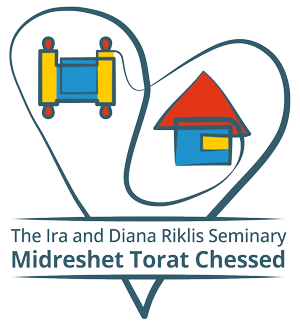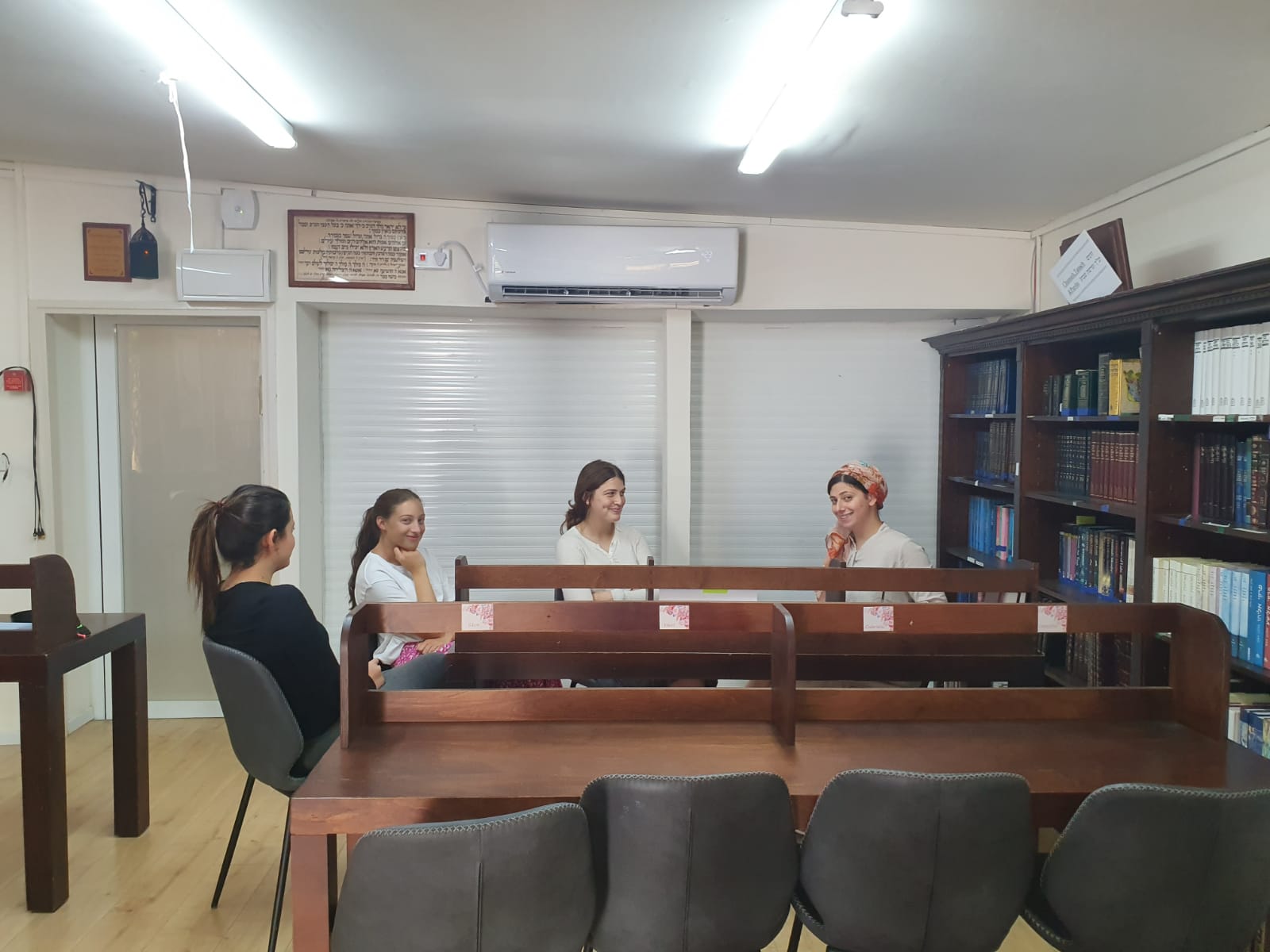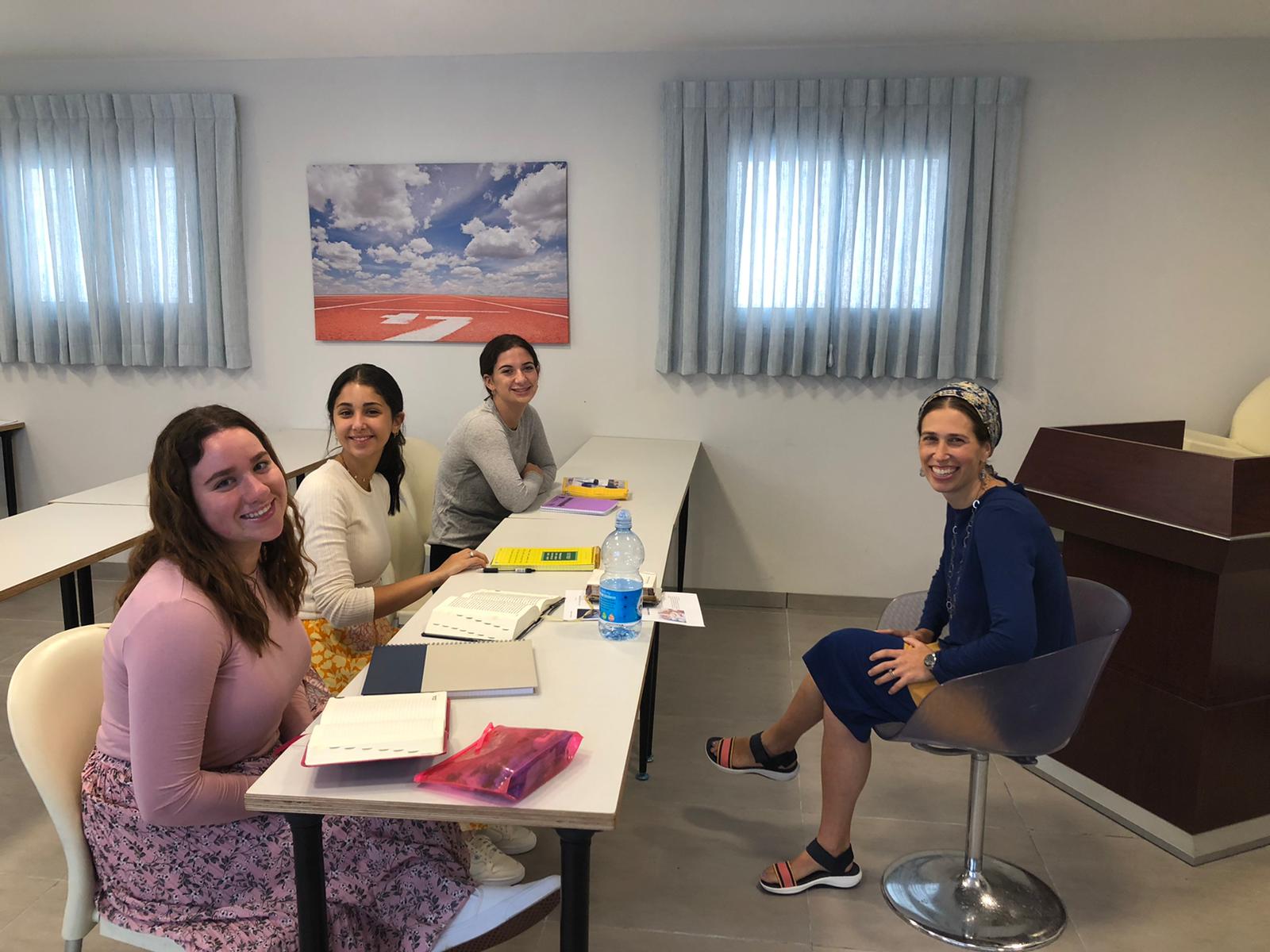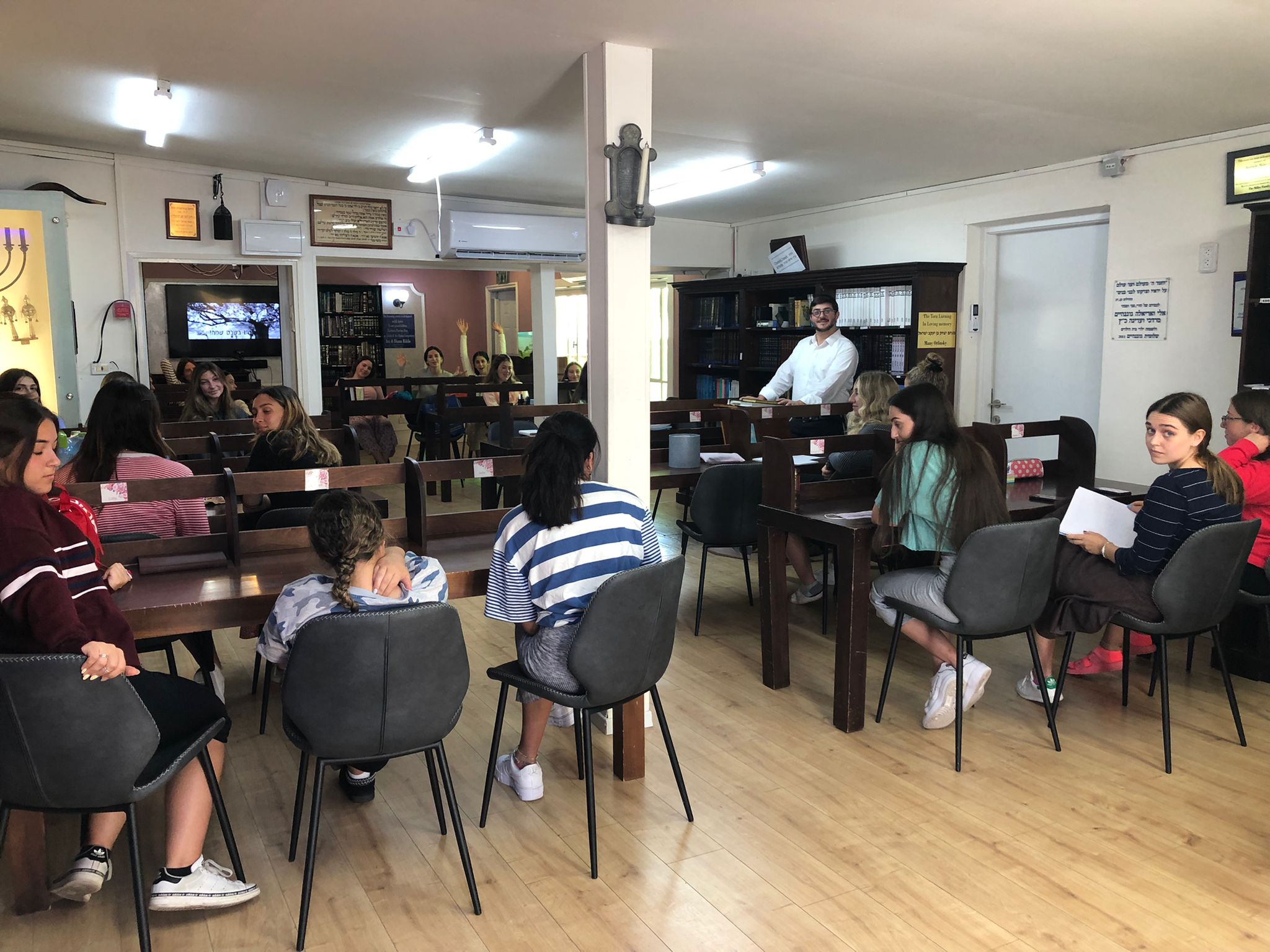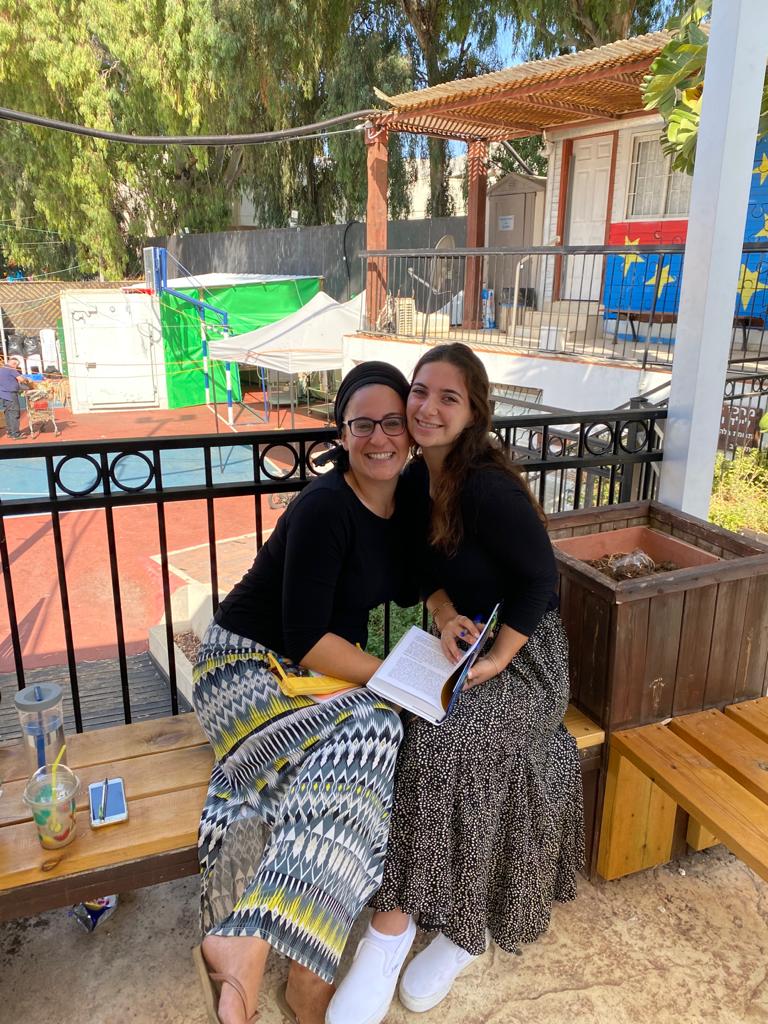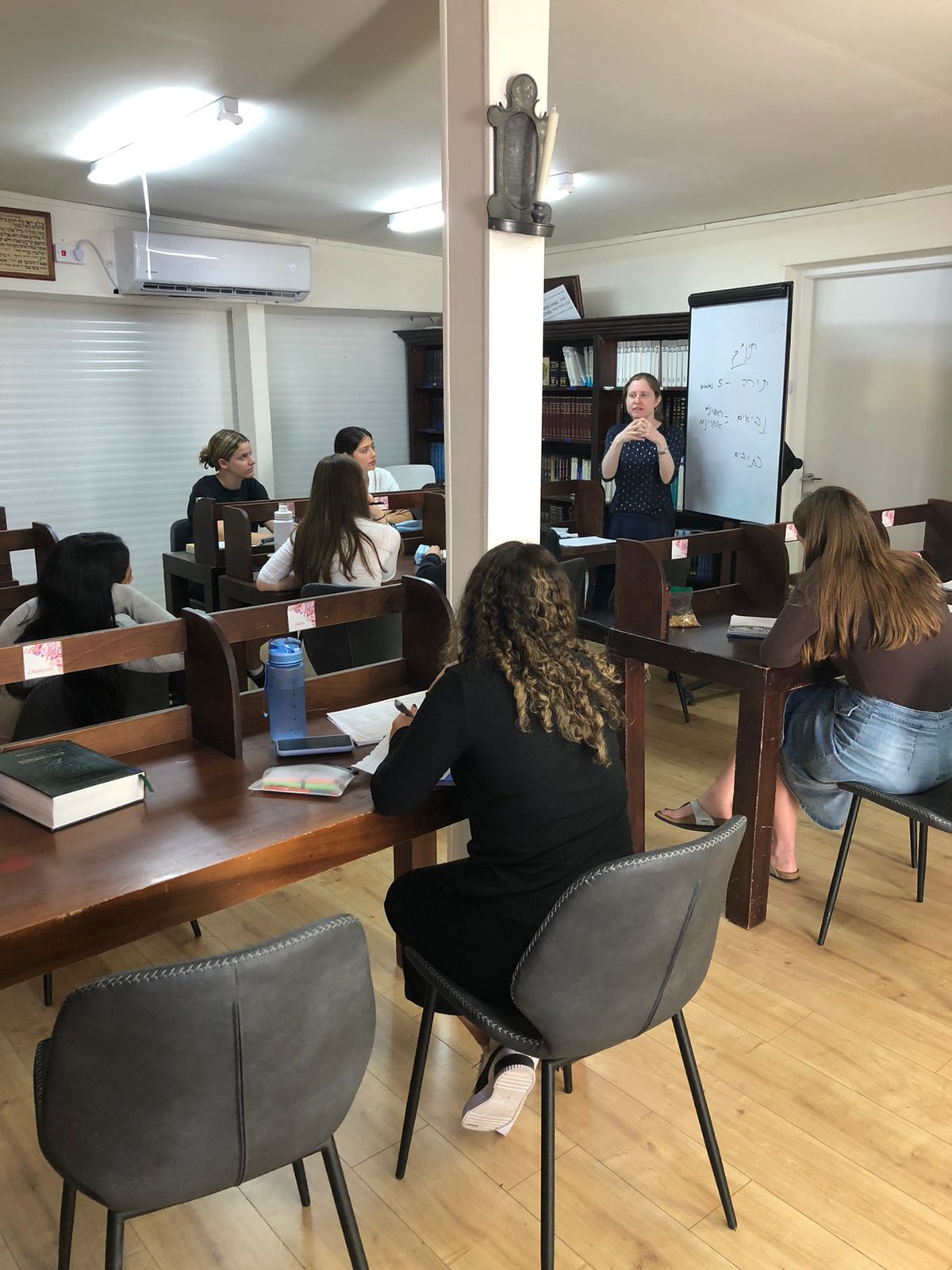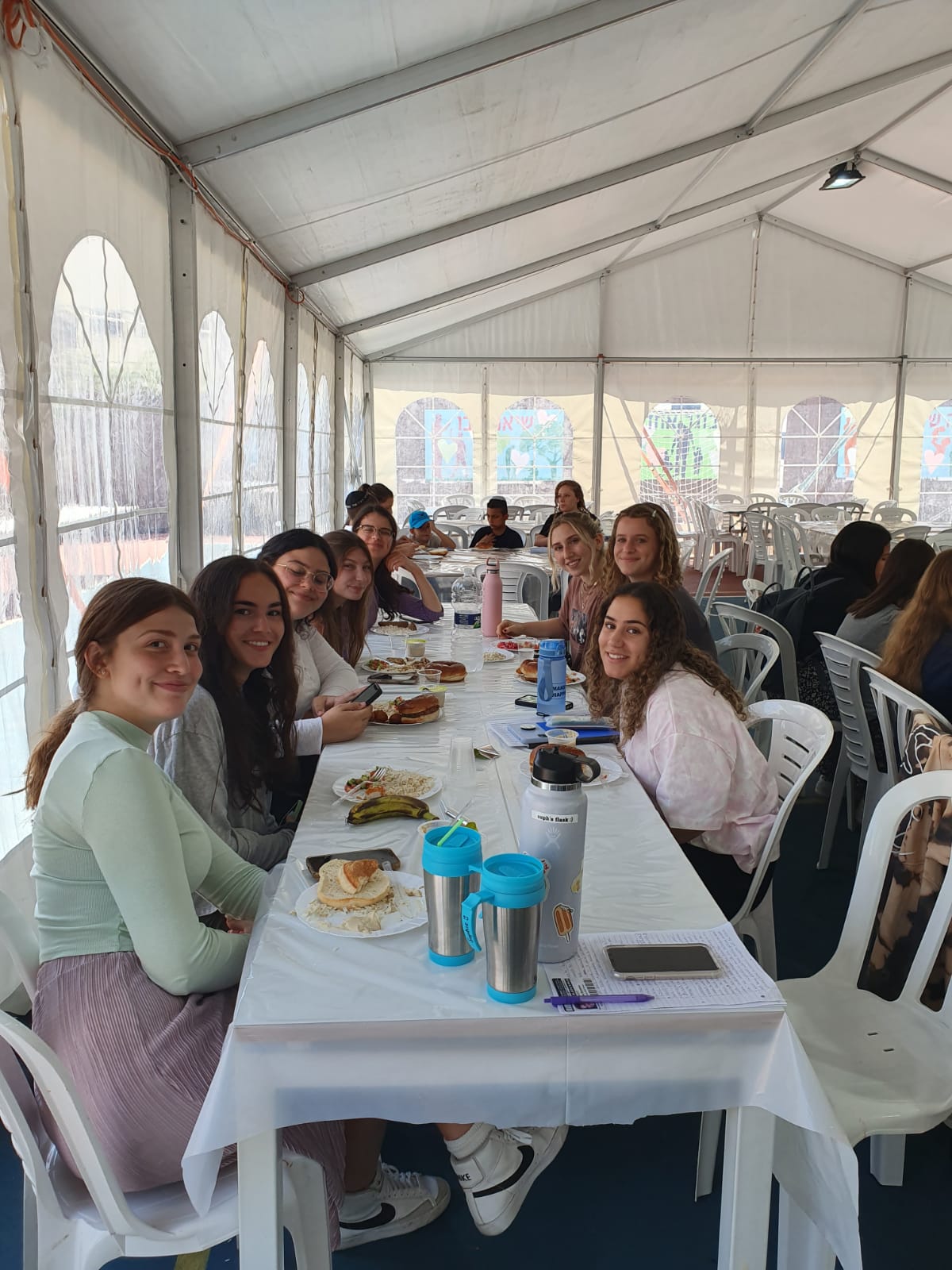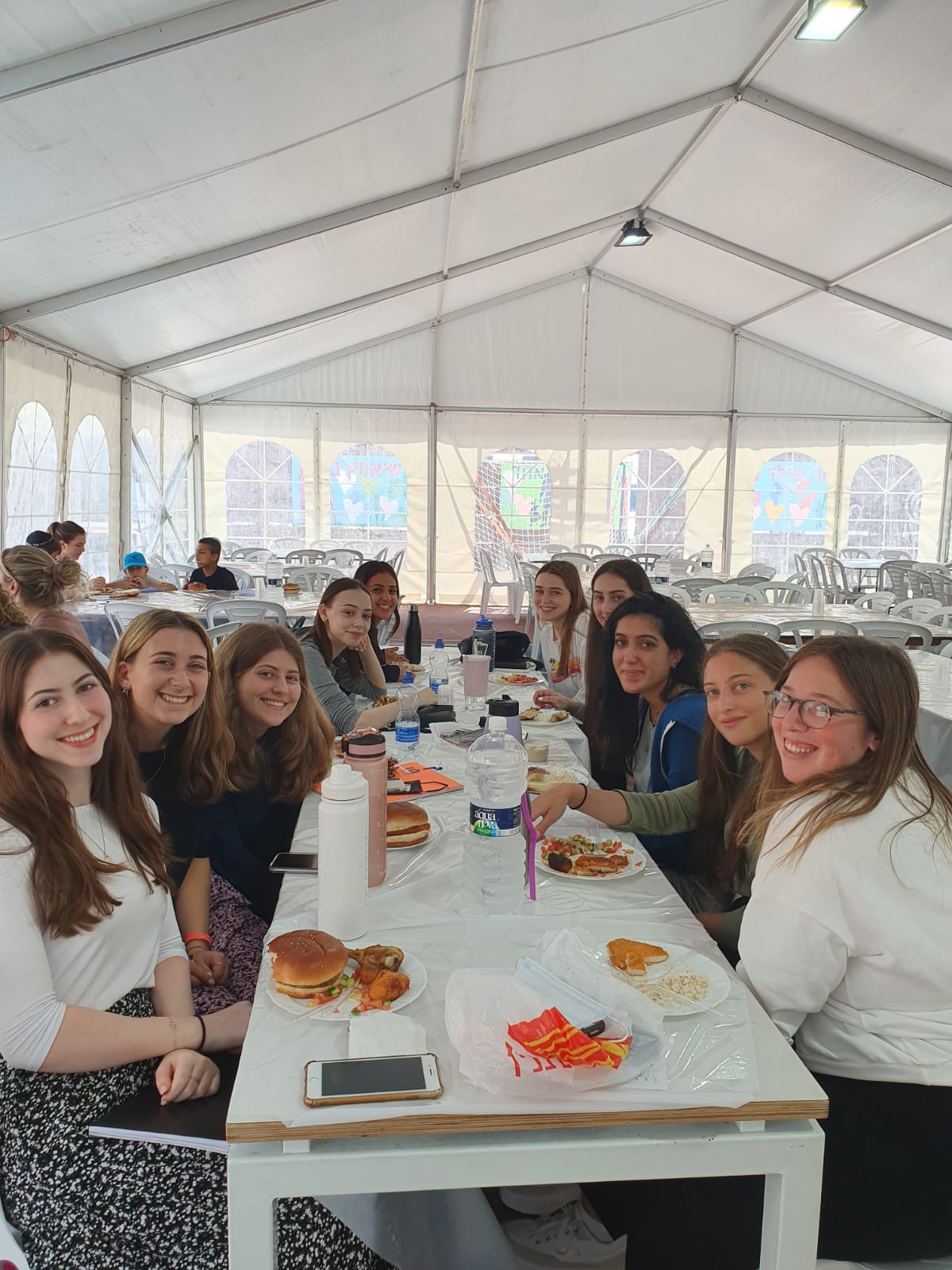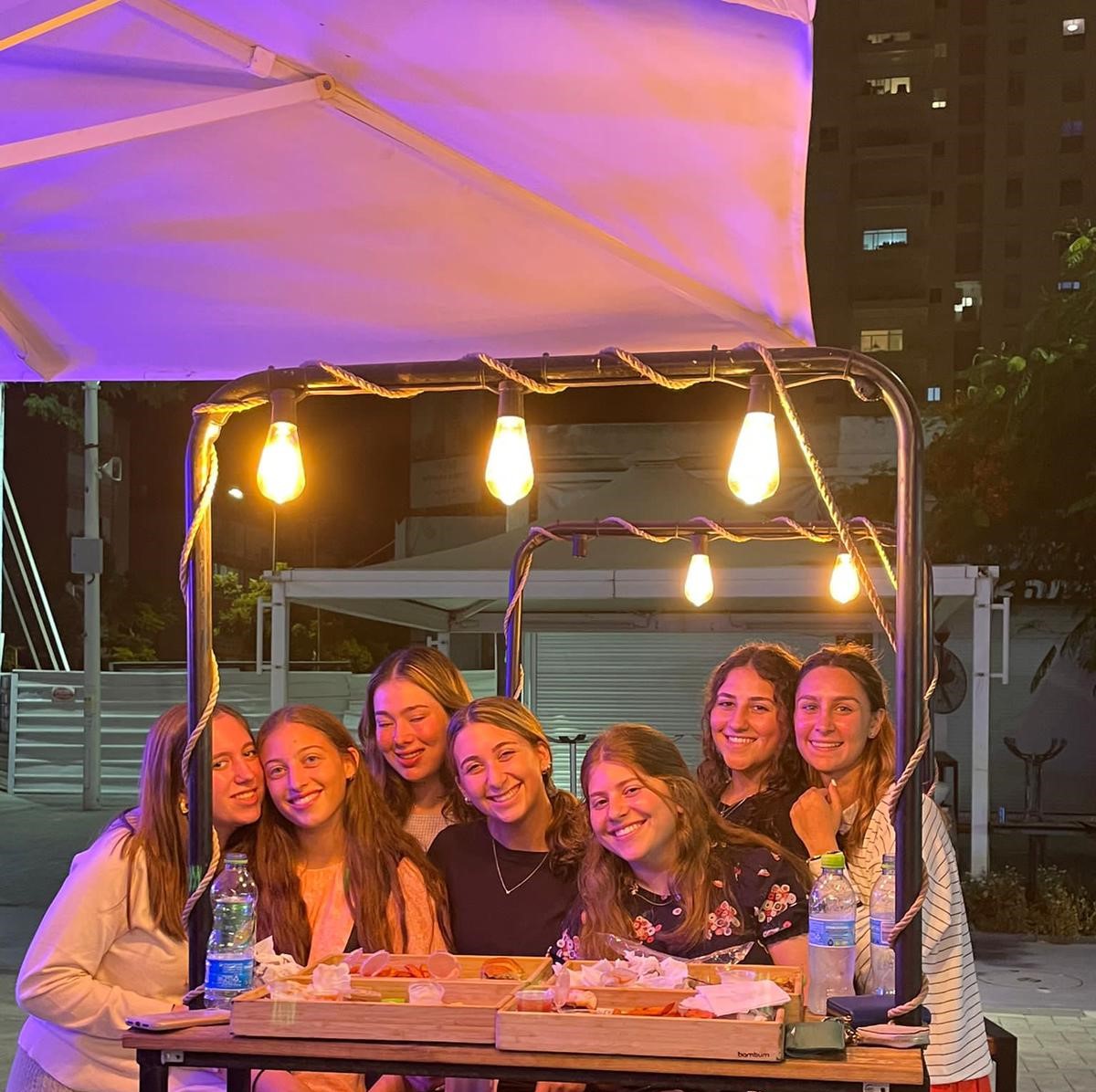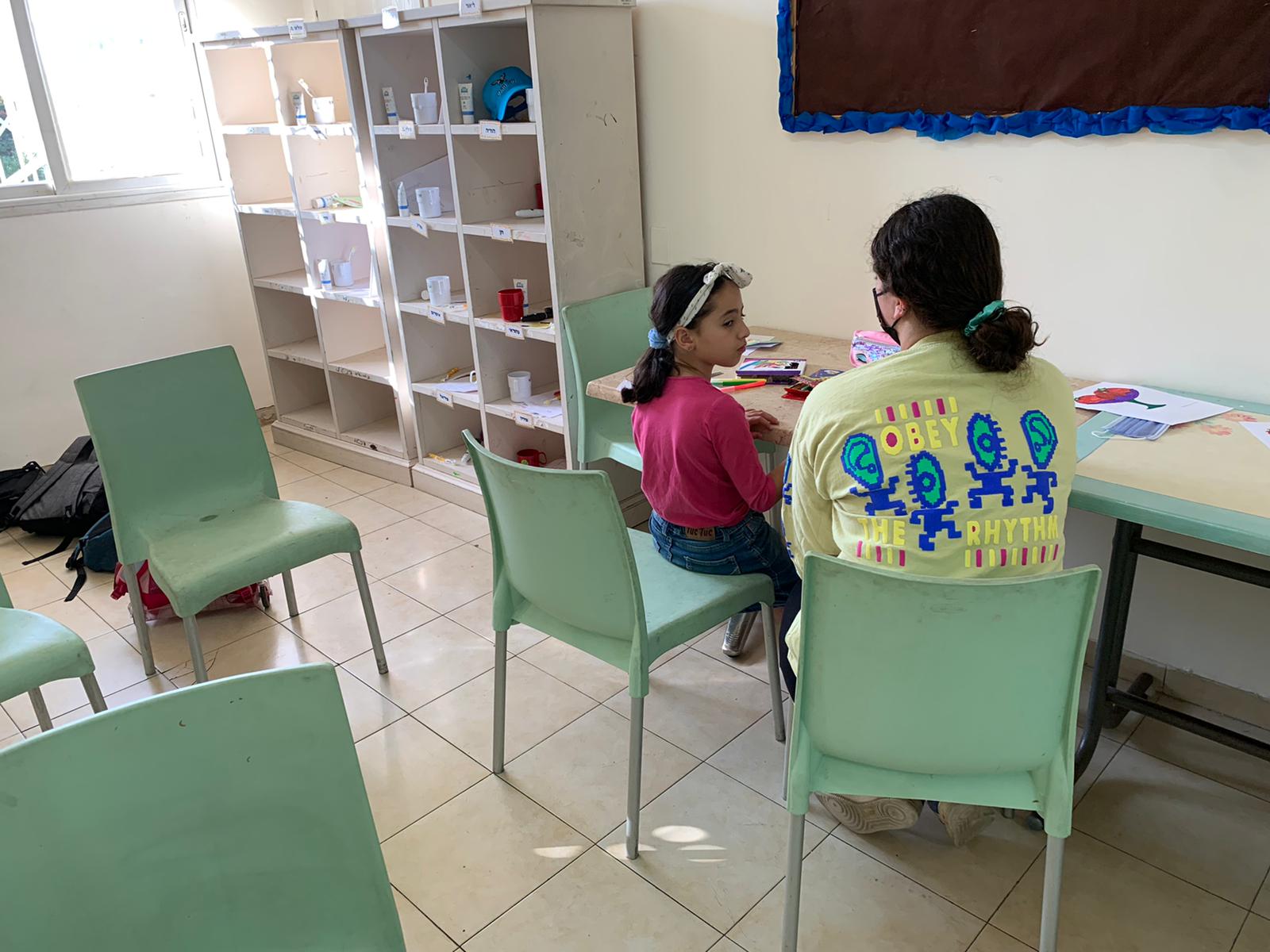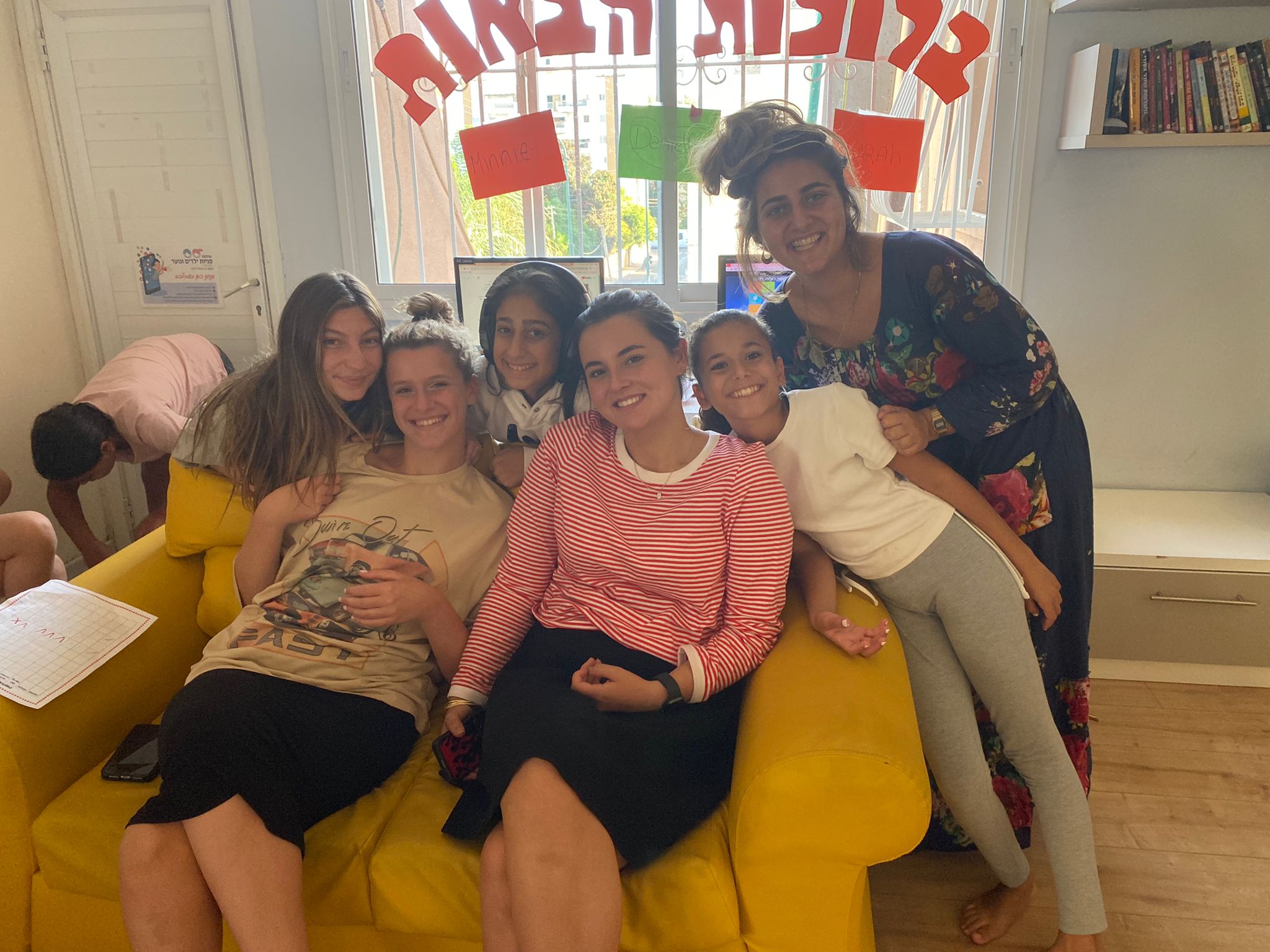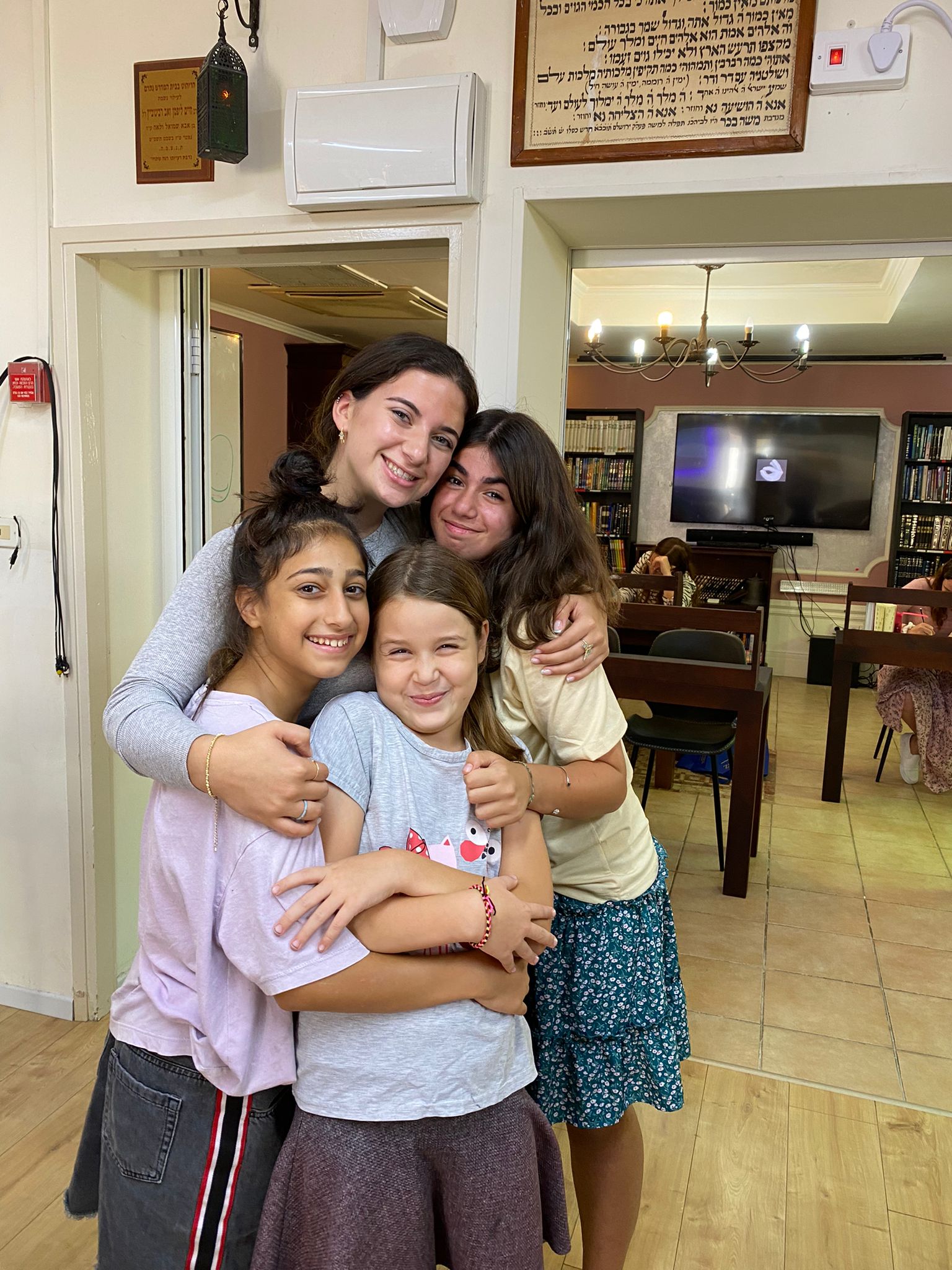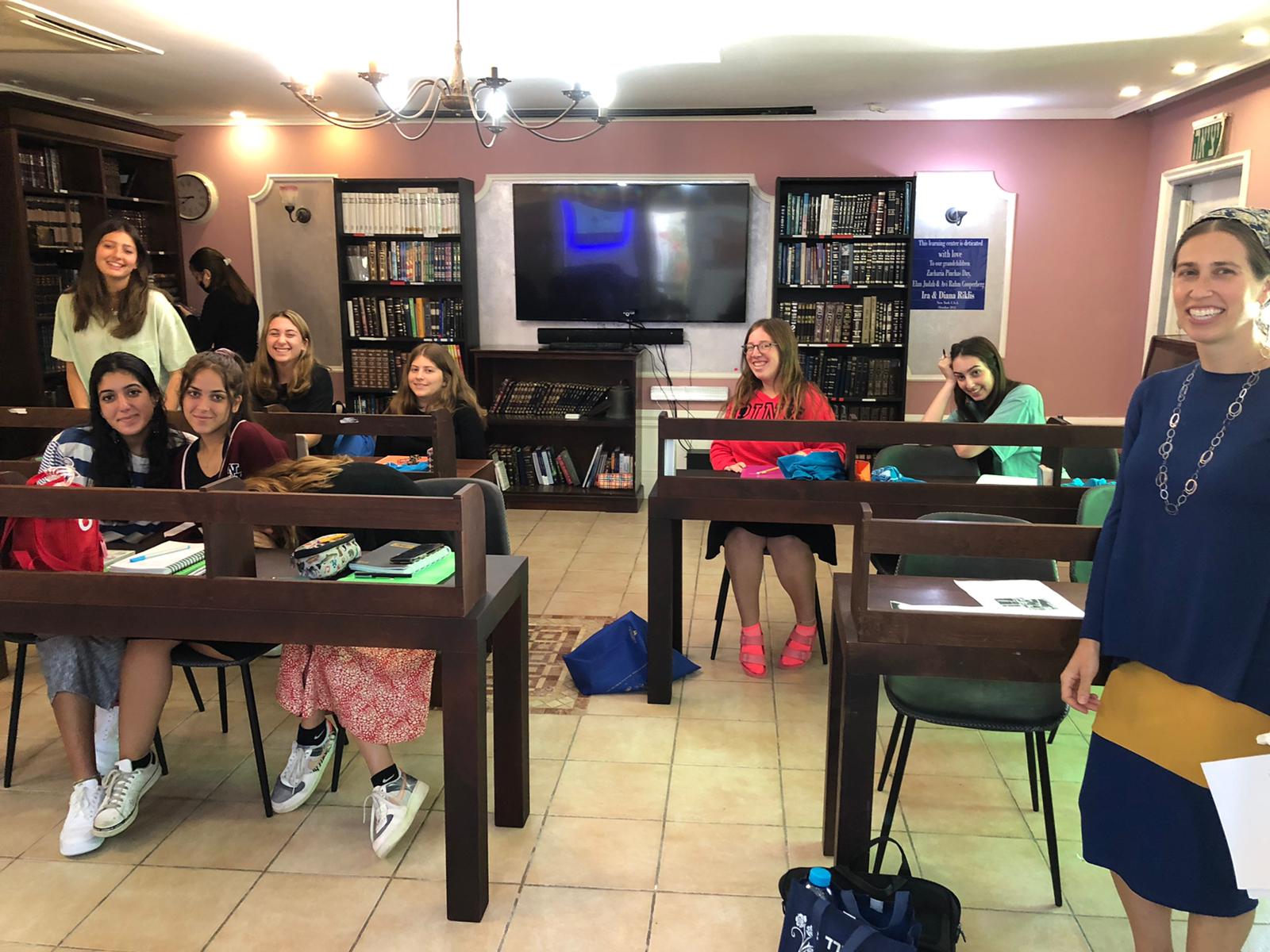
10 Sep MTC Highlights: Parshat Vayelech

Rav Yonaton Hirschhorn - Rabbi of MTC
Parshat Vayelech
This week’s Parsha, Parshat VaYelech, states:
“When Moses had written down the words of this Torah ‘Ad Tumam’.”
Normally, these last words are understood as “until [the Torah] was whole/complete.” But I want to suggest another way to understand them.
The Torah is called Torat Moshe, Moshe’s Torah. Moshe represents the ideal person, the highest level that man can achieve. And this is what the passuk above is telling us. Moshe wrote down the words of the Torah “Ad Tumam,” until he became whole with, and through, the Torah. Moshe fulfilled the commandment, “Be whole (tamim) with HaShem your G-d.” He internalized the Torah until he achieved true perfection.
On this Shabbat, the Shabbat between Rosh HaShana and Yom Kippur, we’re advised to do the same. We need to try to become whole with the Torah. We need to find ourselves in the words of the Torah, and to etch these words on the walls of our hearts. Through this, we can become whole – just like Moshe!
Tamim is related to the Hebrew word meaning “whole” (שלם). Temimut with HaShem allows you to lead a life in which you’ll never be dependent on others, a life in which you will always be true to yourself.
Tshuvah (תשובה) is an acronym of 5 verses:
T (ת): “Tamim (Wholesome/innocent/simple) you shall be with HaShem your G-d.” (“תמים תהיה עם ה’ אלוקיך”)
Sh (ש): “Shiviti (I’ve placed) HaShem before me, always.” (“שויתי ה’ לנגדי תמיד”)
U/V (ו): “Ve’ahavta (You must love) your friend as much as yourself.” (“ואהבת לרעך כמוך”)
V/B (ב): “Bechol (in all) your ways, know him.” (“בכל דרכיך דעהו”)
H (ה): “Hatznea (modestly) walk with HaShem.” (“הצנע לכת עם ה’ אלוקיך”)
Shiviti —placing HaShem in front of you—allows you to see HaShem in everything. After you’ve become inwardly whole, you’re now able to look outwards and see G-d in all of life.
Ve’ahavta—loving your friend—entails the growth of a desire to connect to others. You cease to be self-involved. Ve’ahavta enables you to progress outward.
Bechol—knowing HaShem in all your ways—allows you to see HaShem in all of the occurrences of your life! You move beyond seeing HaShem in the essence of life and beyond perceiving the presence of HaShem in things. You now see HaShem’s actions, you see His intervention.
Hatznea—walking modestly with HaShem—is the ultimate level of Tshuvah. Because after ascending the ladder of Tshuvah, one might, G-d forbid, become arrogant. And that would immediately cause their downfall. But modesty allows you to ascend without feeling like you’re greater than others. To the extent to which you behave modestly and demand less kavod (respect), that is the extent to which you’ll be less koved (heavy). And when you’re not heavy, gravity can’t bring you down.
From this we learn that TESHUVA is a way of life!!
When we choose to embark on the journey and path of teshuva, we choose to live a more “God conscious” life!
Shabbat Shalom!

Student Reflection
Huvi Bochner Waterbury, CT Kohelet Yeshiva, PA
This week at MTC has been really nice. Every day is full of laughter. We stayed in together for Rosh Hashana which gave us the opportunity to become closer to each other.
Being in Netanya is super fun. It’s a short walk to the beach where I love to watch the beautiful sunsets.
The classes are really insightful. Half the day we focus on our personal growth and Torah learning. The other half is being with the kids which is teaching me patience and selflessness. Although it is an adjustment, I remind myself it’s not for me, it’s for them. Each day I’m pushing myself to do better and better.
MTC truly feels like the perfect balance of learning Torah, growing as a person, giving to others and feeling inspired.


